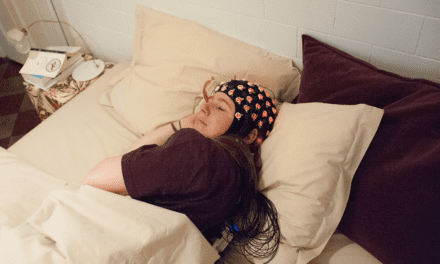WIRED: Scientists have been exploring drugs that might manipulate the body’s clock.
Last year, researchers at the National Institute of Biological Sciences in China and at UT Southwestern identified that a chemical found in mushrooms could reset the clock in human and mouse cells. Longdaysin, which has been tested in mice and larval zebrafish, kept one circadian protein from degrading, extending the animals’ clocks to be longer than a normal cycle. Nobiletin, which is found in citrus peels, amplified the highs and lows of the circadian cycle in human and rat cells, suggesting it might help synchronize downstream processes like metabolism, cardiovascular function, and immune response.
But none of these chemicals have been tested in people yet. “That’s really the big step to take, to conduct a rigorous clinical trial type of study to evaluate its effect in humans,” says Jake Chen, whose lab at the University of Texas Health Science Center at Houston first described Nobiletin’s circadian effects in 2017. His lab and others are interested in whether it could help treat sleep disorders and reduce some circadian-related problems like neurodegenerative diseases and diabetes.




